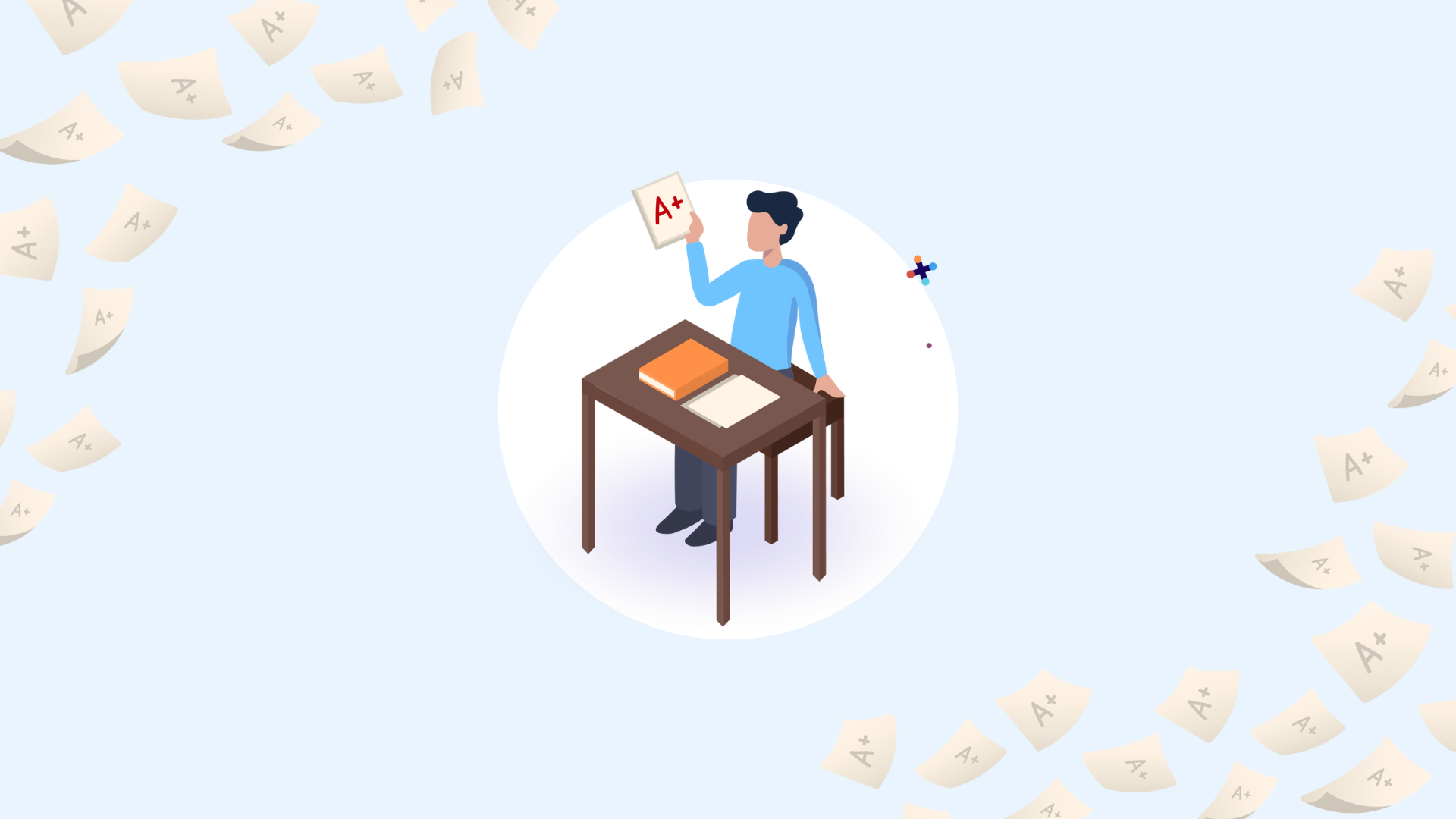As the semester winds down, students across the country face one of the most demanding times of the year—finals season. With looming deadlines, packed schedules, and high expectations, it’s easy to feel overwhelmed. However, finals don’t have to be synonymous with stress and burnout. By adopting effective strategies, students can navigate this period with confidence and even find opportunities for growth.
One powerful approach to thriving during finals is peer learning. Beyond improving academic performance, peer learning fosters essential skills, strengthens resilience, and creates meaningful connections. Here's how students can leverage the power of peer learning to make finals a more productive and supportive experience.
Strengthen Study Skills Through Collaboration
Finals preparation goes beyond simply reviewing notes and completing practice problems—it’s about learning how to learn effectively. Peer learning offers a collaborative space where students can share study techniques, explain concepts to one another, and approach challenges from new angles. These interactions reinforce knowledge while helping students refine their study skills.
By learning alongside peers, students discover methods they may not have considered, enhancing both the efficiency and quality of their study time. This approach transforms finals preparation into an active, engaging process rather than a solitary grind.
Combat the Isolation of Finals Season
The pressure of finals often creates a sense of isolation, especially for students who spend long hours studying alone. This isolation can amplify stress, making it harder to stay motivated and focused. Peer learning combats this by fostering connection.
Whether through group study sessions or one-on-one peer tutoring, students benefit from the camaraderie of learning together. These interactions not only provide academic support but also create a sense of belonging, reminding students that they’re not alone in their efforts.
Adapt to the Realities of Modern Students
For many students, finals season comes with additional challenges, such as work obligations, family responsibilities, or other commitments. The traditional “one-size-fits-all” approach to academic support often falls short in meeting these needs. Peer learning offers a more flexible and accessible solution.
From late-night study groups to virtual peer tutoring sessions, peer learning fits seamlessly into the diverse schedules of today’s students. This adaptability ensures that students can access the support they need when it works for them, making finals preparation more manageable and inclusive.
Build Resilience Through Shared Problem-Solving
Finals are inherently challenging, but the ability to navigate difficulties is a critical part of the learning process. Peer learning encourages resilience by fostering a collaborative environment where students tackle tough concepts together, exchange ideas, and brainstorm solutions.
Through this shared problem-solving, students develop not only a deeper understanding of the material but also the confidence to face future academic and personal challenges. This resilience serves them well beyond finals week, contributing to their long-term success.
Create a Community of Support
Finals season isn’t just about individual achievement—it’s an opportunity to build a community of learners who support one another. Peer learning helps foster these connections, creating networks where students can share knowledge, celebrate progress, and motivate each other to push through difficult moments.
This sense of community extends far beyond finals, contributing to a culture of collaboration and belonging that benefits students throughout their academic journeys. When students feel supported, they’re more likely to persevere, thrive, and reach their full potential.
Turning Finals Into a Growth Opportunity
While finals season is often seen as a test of endurance, it can also be a time of growth, connection, and achievement. Peer learning transforms the way students approach finals, offering not only academic benefits but also personal and social ones.
For institutions, embedding peer learning into academic support strategies is a way to empower students and create lasting change. By investing in peer learning, campuses can help students finish the semester strong and prepare for continued success in the years to come.
Let’s reimagine finals as a time for growth and collaboration—because when students learn together, they thrive together. Reach out and schedule a meeting to discover how to scale peer learning on your campus.
